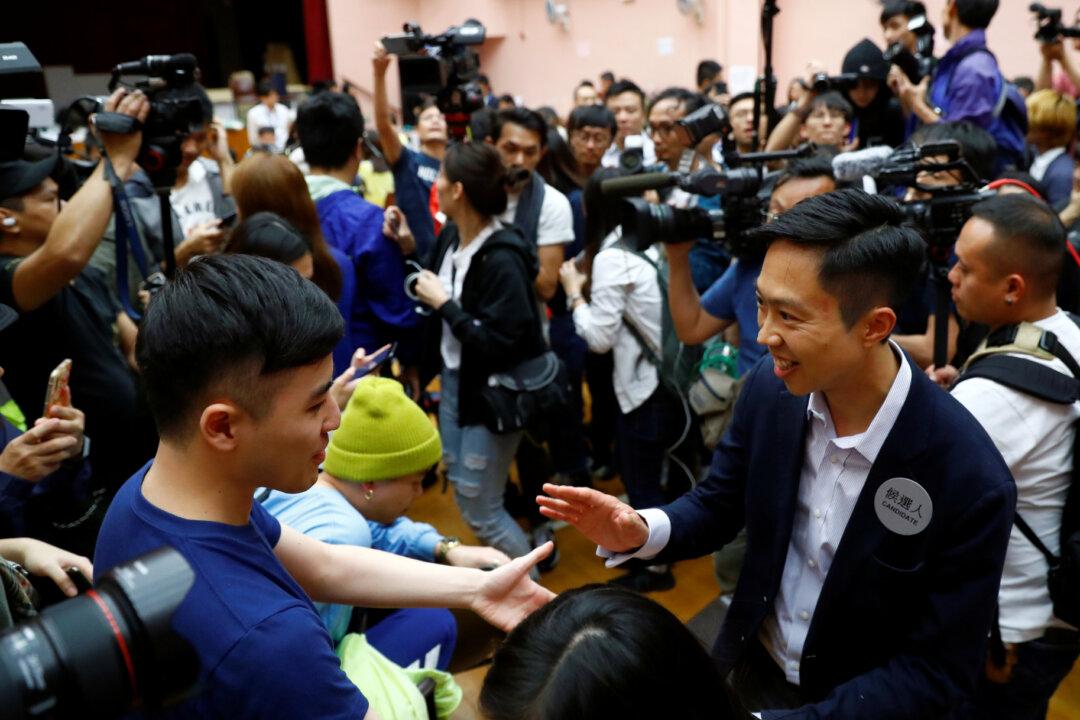Hong Kong’s pro-democracy camp has coasted to a landslide majority in the city’s district elections on Nov. 24, indicating a groundswell of support for the ongoing protest movement against the Chinese regime’s encroachment.
Democratic candidates secured more than half of the 452 district council seats for the first time as residents turned out in record numbers on Nov. 24 to cast votes.





